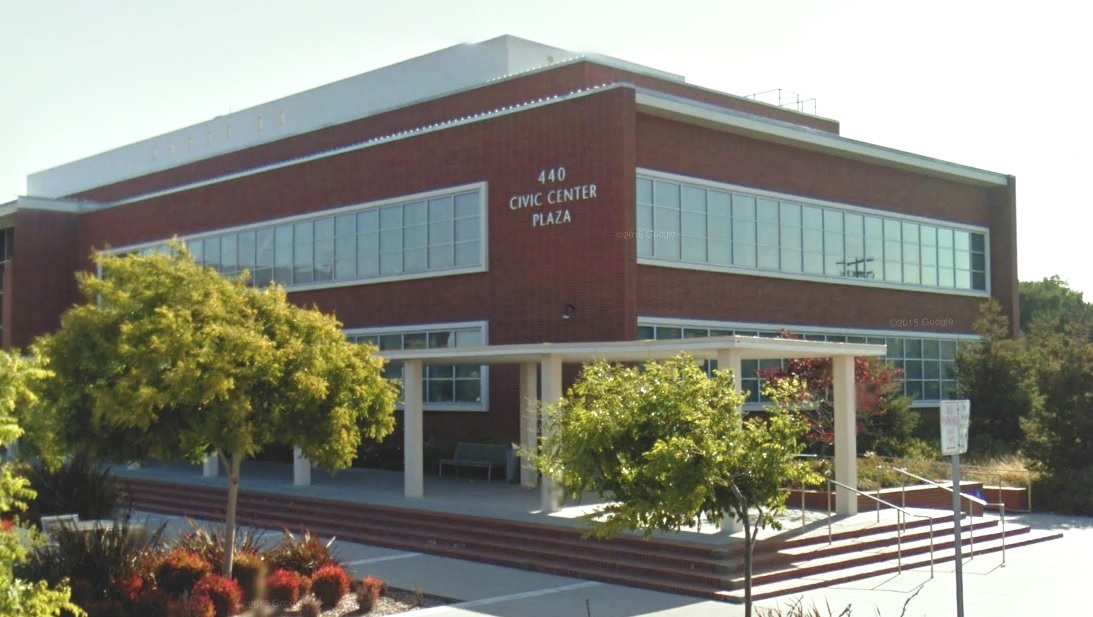
Richmond elected officials defend 80% salary increase as equity issue
RICHMOND — After nearly two decades of stagnant pay, Richmond councilmembers are poised to receive an 80% salary increase that elected officials say would more fairly compensate people for serving and could encourage more diverse representation.
Councilmembers voted in favor of raising their monthly compensation from $1,402 to $2,524 and the mayor’s monthly compensation from $3,875 to $6,975 during a Jan. 7 meeting. After accounting for a $300 auto allowance for councilmembers and a $350 allowance for the mayor, their monthly pay would actually total out to $2,824 per councilmember and $7,325 for the mayor.
The pay increase, if approved on second reading, would be the first for the council since 2007, costing the city an additional $117,984 annually and equating to a 5% raise annually over the last 18 years. Councilmembers can also opt into the city’s insurance coverage.
The raise would solidify Richmond as the top paying city for elected officials in Contra Costa County, according to a compensation survey presented by city staff.
Antioch councilmembers are the next highest paid with $1,600 a month followed by Concord with $1,352 a month. In San Ramon, councilmembers get $1,149 a month and the mayor receives $1,685. Walnut Creek offers a monthly pay of $1,150 for councilmembers and $1,250 for the mayor.
More broadly speaking, Richmond would be the second highest paying city of similar size in the East Bay, following Berkeley which pays councilmembers $5,633 and the mayor $8,941 per month for filling the roles full time. Richmond City Council positions are considered part-time roles.
Councilmembers justified the salary increases as an equity move. People from diverse backgrounds — working moms, low-income earners and part-time workers — may consider seeking the roles if it meant they could cut back on work in other places to make time for the job.
They also asserted that council positions are extremely time consuming, demanding far more work than is publicly visible. In addition to attending council meetings twice a month, which often run late and require preparation, and drafting policies, councilmembers noted they also sit on multiple regional and local bodies, attend community events and are often expected to be reachable outside of standard business hours.
Related Articles
San Mateo County sheriff seeks to block March special election to remove her
Walters: As L.A. fires rage, Trump targets Newsom in fact-free blame game
Walters: Spending error still haunts Newsom’s California budget
Friedman: Trump’s reckless Greenland comments are not a joke
South Korean law enforcement officers detain impeached President Yoon
“If you want to have people to represent you that look like the majority of people here, and have equity, we need to be able to have at least some better income,” said Vice Mayor Jimenez, who asserted the elected roles should be paid and treated like full-time positions. “If we want people who are connected to the community, who understand the needs that the community needs and deserve, then let’s make sure these people are paid well so they can be here and do their job and be successful.”
Still, the proposed raises were met with some community pushback.
Don Gosney, a Richmond resident, retired union leader and community blogger behind the publication Radio Free Richmond, lambasted the council for being both the employee group seeking the pay increase and the decision makers granting it.
Gosney also questioned whether the council deserved the pay increases, asserting that they are often challenging to reach by email or phone.
“How can you claim to speak for the people when you rarely speak to the people,” Gosney said during public comment.
The city charter permits the Richmond City Council to give the mayor a pay increase and prohibits the mayor from voting in that decision. Per Ordinance 388, however, the council is allowed to vote on compensation for itself.
At least one councilmember, Cesar Zepeda, expressed discomfort with the optics of the vote but he backed the measure after raising similar points about equity and council workloads.
Both Zepeda and Councilmember Soheila Bana said neither of them needed the pay, with Bana noting she and her husband are both retired with pensions. Had she joined the council decades ago when she was a working mother, her needs may have been different, Bana said during the meeting.
Bana did not respond to requests for comment regarding whether she’d forego receiving council pay.
Rather than pass on the money, Zepeda, in an interview after the meeting, said he has and plans to continue reinvesting the pay back into the community through various volunteer projects like painting over graffiti, buying equipment needed for clearing weeds in his district, purchasing food and other essentials for community meetings, donating to local groups and individuals and supporting small businesses.
Similarly, incoming councilmembers Jamelia Brown and Sue Wilson said they would have voted in favor of the proposal as an equity issue. Brown said she was unaware councilmembers were paid at all when running for the position but also expects her council salary to be invested back into the community.
Like other councilmembers, both Brown and Wilson also argued the increased monthly pay is far below what a Richmond resident would need to support a family.
Median income per Richmond household is about $90,000, according to the U.S. Census, while the county median income is $155,700, according to updated state income limits.
“Anyone who takes on one of these positions will really struggle if they need to have a full-time job on top of that,” Wilson said. “In order to not move significantly backwards, it’s necessary for them to be paid a reasonable amount for the time spent doing city council stuff.”


